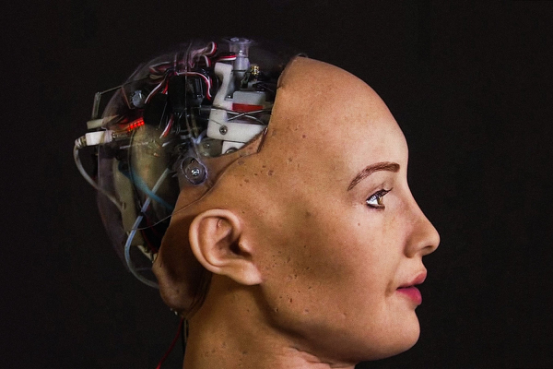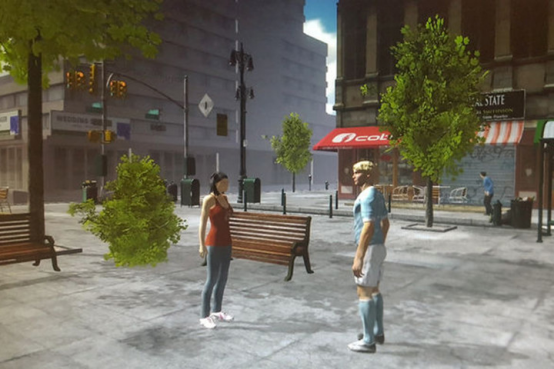[Abstract] Humans think that they usually only have their own special qualities, and they like to use this trait to distinguish other goals.

Tencent Digital (Human) In 1970, Japanese robotics expert Masahiro Mori invented the word “Terror Valley†to explain that if robotics technology becomes more and more developed in the future, even infinitely close to human beings, our lives will be completely subverted. Today, robots have indeed come out of the "terror valley," and have played a more active role in our lives. And now, for developers in Silicon Valley, the goal has become higher and you want to create more "realistic" robots.
Although Mori's horror valley is more concerned with the form of physical entities, according to new research, one of the more difficult problems to overcome for robots is thinking.
A new paper was published this month in the journal Cognition. Researchers Jan Phillip Stein and Peter Ohler once again stressed the concept of “Horror Valley†when people face robots that are very similar and close to themselves. The higher the degree of similarity is, the higher the feeling of favor is, but when it exceeds a critical point, this feeling of goodwill will abruptly decrease. On the contrary, it will feel fear and resentment.
In their study, the two individuals gave each of the 92 volunteers a set of virtual reality helmets. After wearing a helmet, they both saw the two virtual characters in the picture below talking. But the difference is that the researchers divided the 92 individuals into four groups.The subjects of the first group were all told that the avatars they saw were controlled by humans in the background, and that the conversations they had conducted were pre-written scripts.
The second group was told that the virtual person conversations they viewed were controlled by humans in the background, and the dialogues were automatically generated by the computer.
The third group was told that the virtual person they saw was automatically controlled by the computer, and the dialogue was the first written script.
The fourth group was told that the virtual image dialogue they saw, whether it was characters or conversations, was entirely computer generated.
In the feedback of experimental results, the last group reacted most fiercely. Although the dialogue between these characters and the scene is actually the same for the experimenters in the four groups, but when people know that the characters and dialogues they see are completely generated by the computer, this still makes the participating volunteers feel Crazy bones.

The effects of the last scene appear to be the most bizarre. Although the characters and the scene are the same, it seems that the whole scene seems unnatural because it is too realistic.
"When you find out that the virtual target will have such a realistic dialogue, it really makes us feel uneasy, and even some people feel a strong discomfort." Stein said.
Stein said that this uneasy reason may come from the unique experience of the participants on human beings. "You can call it a moral taboo or narcissistic injury," Stein said. “Humanism believes that usually only oneself has certain special qualities, and he likes to use this trait to distinguish other goals. If people discover that they have lost these advantages, then it means that they have lost control and will feel uneasy. â€
"Do robots always listen to my orders?" This is the biggest concern for many people. The consideration of the consequences will definitely impact the traditional concept of humanity.
In order to avoid the increasing influence of the horror trough theory, robotics experts suggest that for the development of robots, images may not be completely close to or reference human standards, and the image world may be more cartoonish, lovable, or different in appearance from human beings. Bigger.
D-subminiature,d sub connector,d type connector Female/Male,d sub,d subminiature connector
Dongguan Yiyou Electronic Technology Co., Ltd. , https://www.yiucn.com